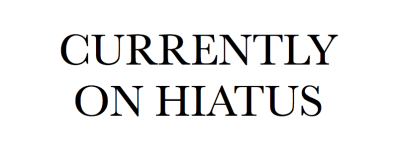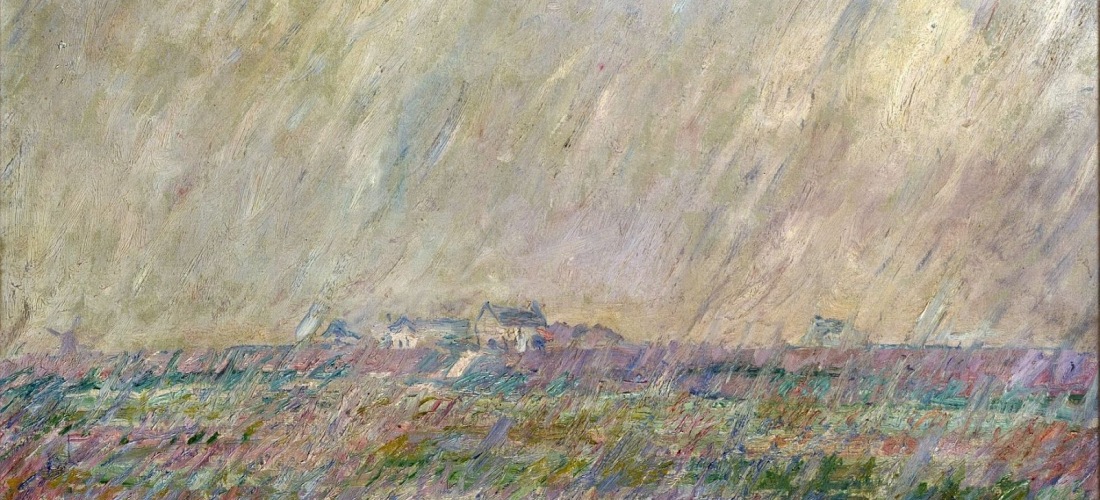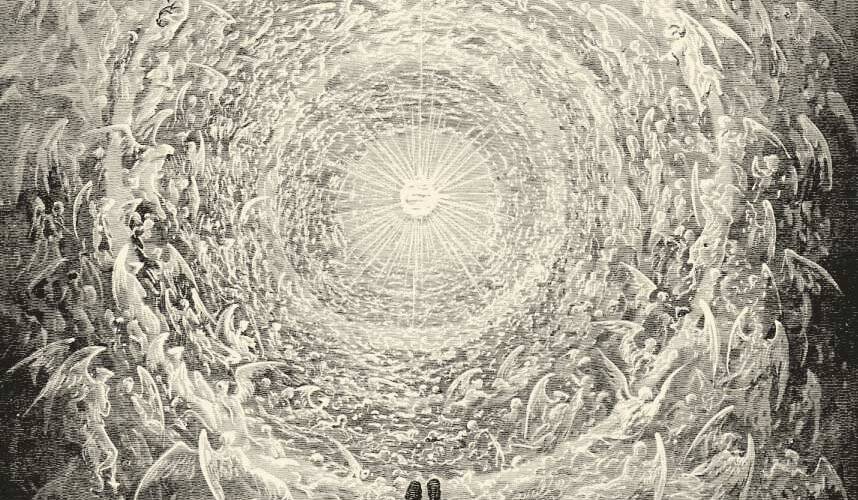Poet’s Statement: “Solastalgia” is a term coined to describe the experience of mourning environmental loss, of grieving your home while you still inhabit it.¹ An experience quickly becoming common to the majority of humans presently living — people of all languages, cultures, and beliefs.
This poem attempts to grapple honestly with what it means to remember (and to remember poetically) in an era where all that we claim to write in defense of is in danger of disappearing. An era where concrete, human actions are required beyond art, to avert or at least mitigate an ecological collapse that could easily put an end to most of what inspires us to poetry, and to countless lives (human and otherwise) beyond that. As such, it is at times less than poetic. But it is also a call towards a new sort of poetry.²










